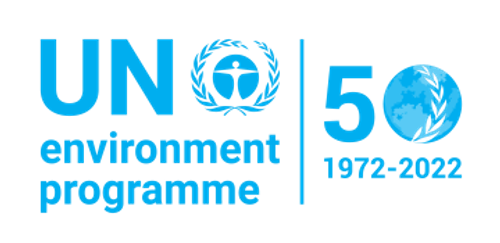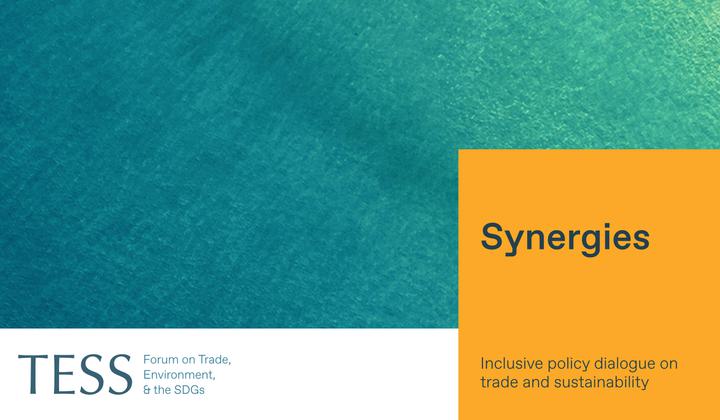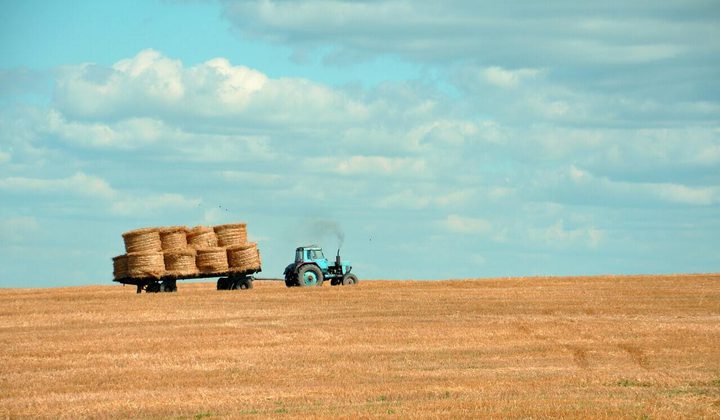Deforestation is one of the most pressing environmental challenges facing our times. As concerns increase about the socioeconomic and environmental impacts of deforestation, a range of governments are exploring options to use trade-related measures to promote deforestation-free supply chains targeting key globally traded commodities. As a contribution to this ongoing discussion, UNEP and TESS convened this informal roundtable on trade and deforestation: options for enhancing inclusive international cooperation.
The roundtable brought together Geneva-based agriculture and environment delegates in the WTO from both developed and developing countries with leading experts from think tanks, research centres, stakeholder organizations, and international organizations in an informal and off-the-record setting. The dialogue took place in a “brainstorming mode” and provided an opportunity for in-depth exploration of key trends and policy developments as well as challenges and opportunities for trade-related cooperation around trade and deforestation.
The dialogue was held as part of TESS’s sustainable agriculture and trade roundtable series, which aims at spurring a constructive and inclusive discussion on the trade and sustainable agriculture interface in its various social, environmental, and economic dimension.
Topics for attention included:
- Key developments in the trade and deforestation interface from a social, economic and environmental perspective
- Recent trends in regulations and supply chain initiatives at the national, regional, and international levels that seek to address deforestation and trade
- Challenges faced by developing countries in complying with new requirements and standards dealing with trade and deforestation
- Options for promoting inclusive international cooperation to address the challenges faced by developing countries in relation to deforestation, trade, and sustainability, and to fostering a transition to more sustainable agriculture practices.
Agenda
9:00 - 9:10
Welcome Remarks on Behalf of UNEP and TESS
- Elisa Tonda, Chief, Resources & Markets Branch of Economy Division, UNEP
- Carolyn Deere Birkbeck, Director, TESS
9:10 - 10:20
Session 1: Setting the Scene: Trade Trends and Sustainability Challenges in Forestry
Thought Starters (7-8 minutes)
- Christophe Bellmann, TESS: Deforestation Drivers & Trade Policy
- Pascal Liu, Markets and Trade Division, FAO: The Trade, Deforestation, and Sustainability Interface
Key Questions for Discussions
- What are the key trade-related drivers of deforestations and relevant trends in the trade and deforestation interface?
- What are the key priorities, challenges and opportunities for developing countries in relation to trade and the forestry sector?
Moderator
- Carolyn Deere Birkbeck, Director, TESS
10:20 - 11:20
Session 2: Emerging Trade-Related Cooperative Approaches and Opportunities Relevant to Deforestation and Sustainable Agriculture: Lessons and Possible Ways Forward
Thought Starters (3 minutes)
- Beatriz Fernandez, UNEP: State of Play of Recent Policy Developments
- Houria Djoudi, FACT Dialogue Secretariat: International Collaborative Action on the Trade and Deforestation Interface
- Florencia Sarmiento, IISD: Cooperative Approaches on Sustainability Requirements
- Pascal Liu, Markets and Trade Division, FAO: OECD-FAO Business Handbook on Deforestation and Due Diligence in Agricultural Supply Chains
Open Discussion Among Delegations & Experts
Key Questions for Discussions
- What are the key opportunities to strengthen sustainability and trade policy coherence to tackle deforestation?
- What is the role of international cooperation in fostering effectiveness, fairness and inclusivity in the design and implementation of trade-related measures to fight deforestation? What are the perspectives of developing countries in this regard?
- What are the lessons learned about positive and effective approaches, best practices and partnerships that could be enhanced and built upon?
∙ What are the priorities for more effective and inclusive international cooperation? How and where could these be advanced and by whom?
Discussion Starters
- Pedro Mariano Pontes, General Coordinator for Bilateral Cooperation, Ministry of Environment and Climate Change, Brazil
- Juteau Deadjufo Tousse, Minister Counsellor, Permanent Mission of Cameroon to the WTO
- Xiaorong Xing, First Secretary, Permanent Mission of China to the WTO




